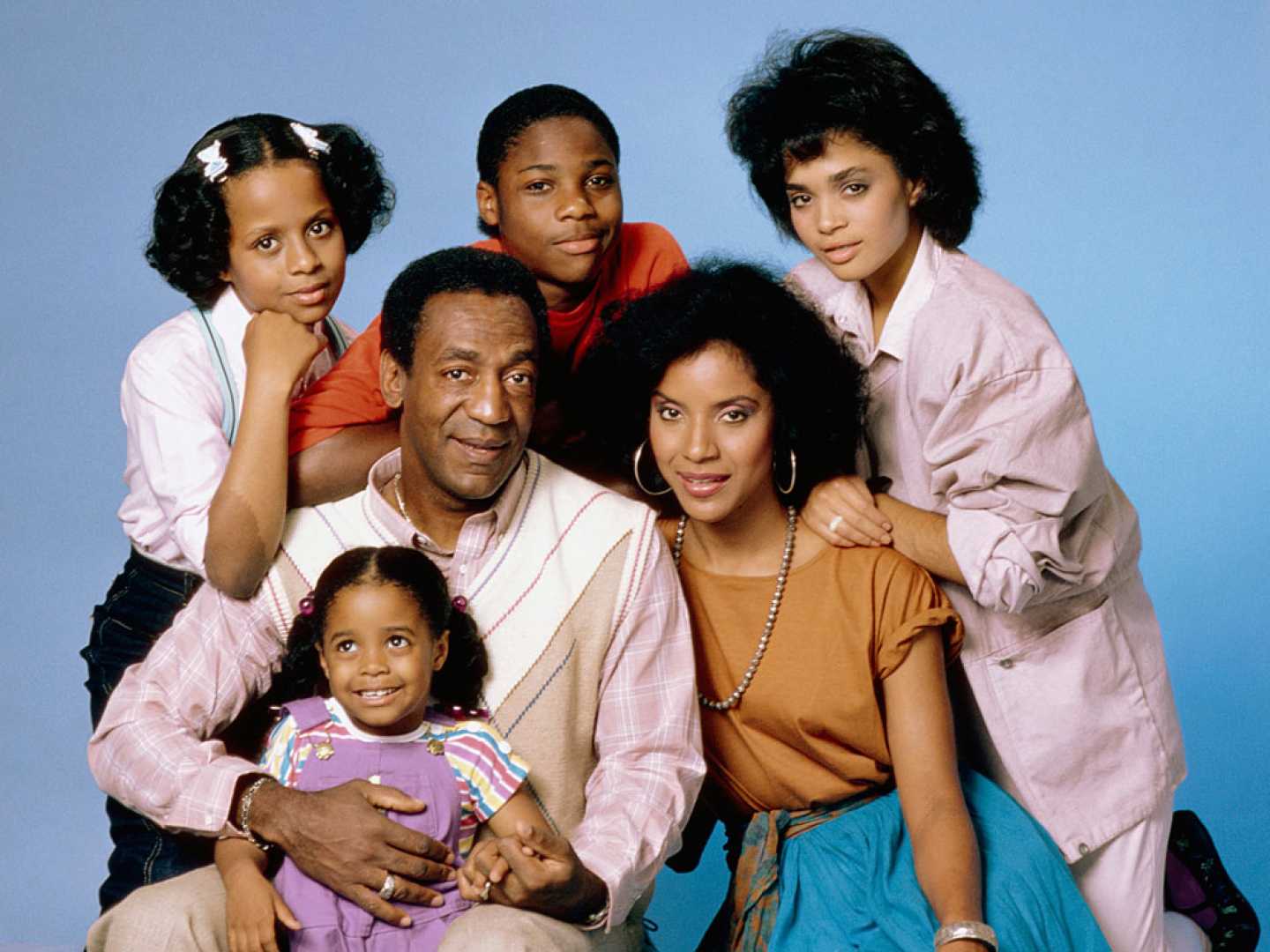Entertainment
Malcolm-Jamal Warner: A Legacy of Growth in The Cosby Show

New York, NY — Malcolm-Jamal Warner, known for his role as Theo Huxtable in the groundbreaking series The Cosby Show, died last week at the age of 54, leaving behind a legacy that resonates in the portrayal of adolescent growth.
In the pilot episode, Theo struggles with his grades and his father, Cliff Huxtable, played by Bill Cosby, attempts to teach him about responsibility using Monopoly money. Theo asserts his belief that he does not need to emulate his father’s success to be happy, expressing a complex vulnerability that highlights his character’s depth.
Cliff scolds Theo for being afraid to try, illustrating the tensions between parental expectations and individual aspirations. This dynamic reflects the show’s exploration of success and identity within a middle-class Black family. Theo starts the series as a high school freshman with lofty but unrealistic career goals, often clashing with his father’s strict values on education and hard work.
Warner’s performance, combining humor with sincerity, captures Theo’s journey from a carefree teen to a young adult grappling with self-doubt and identity. Throughout the series, Theo’s character serves as both comic relief and a poignant representation of the struggles many face while navigating parental expectations.
Significant moments, like when Theo learns about his dyslexia in college, provide a turning point, allowing him to reshape his narrative and find purpose. His interactions with younger children at a community center demonstrate his growth as he mentors those who face similar challenges.
As the series concludes, Theo’s journey symbolizes a triumph not defined by traditional markers of success but by personal growth and self-acceptance. He ultimately develops a clearer sense of direction and purpose in his life, fulfilling his parents’ hopes in his own unique way.
Warner’s ability to convey Theo’s complexity and growth has left a lasting impact on audiences, solidifying his place in television history.












